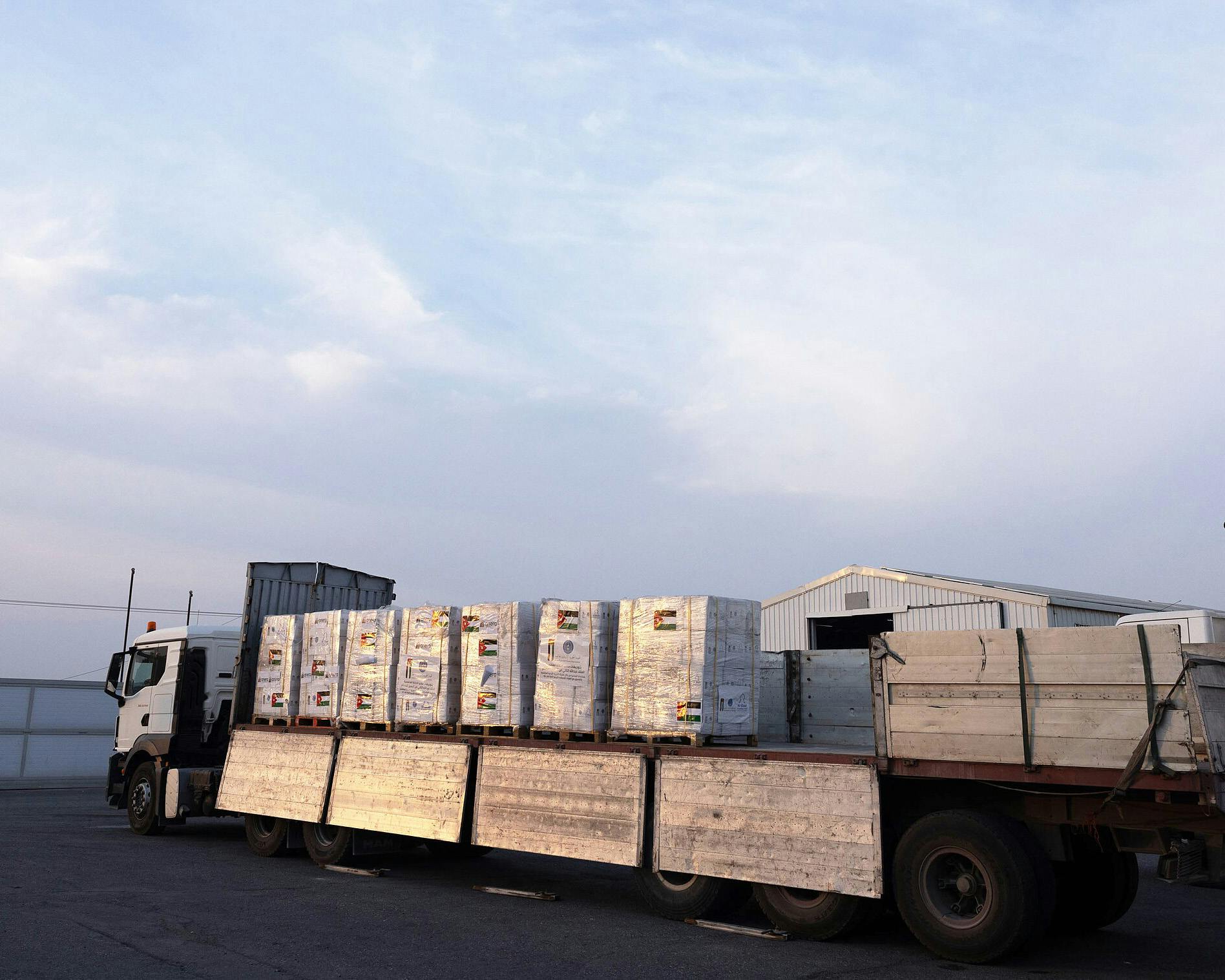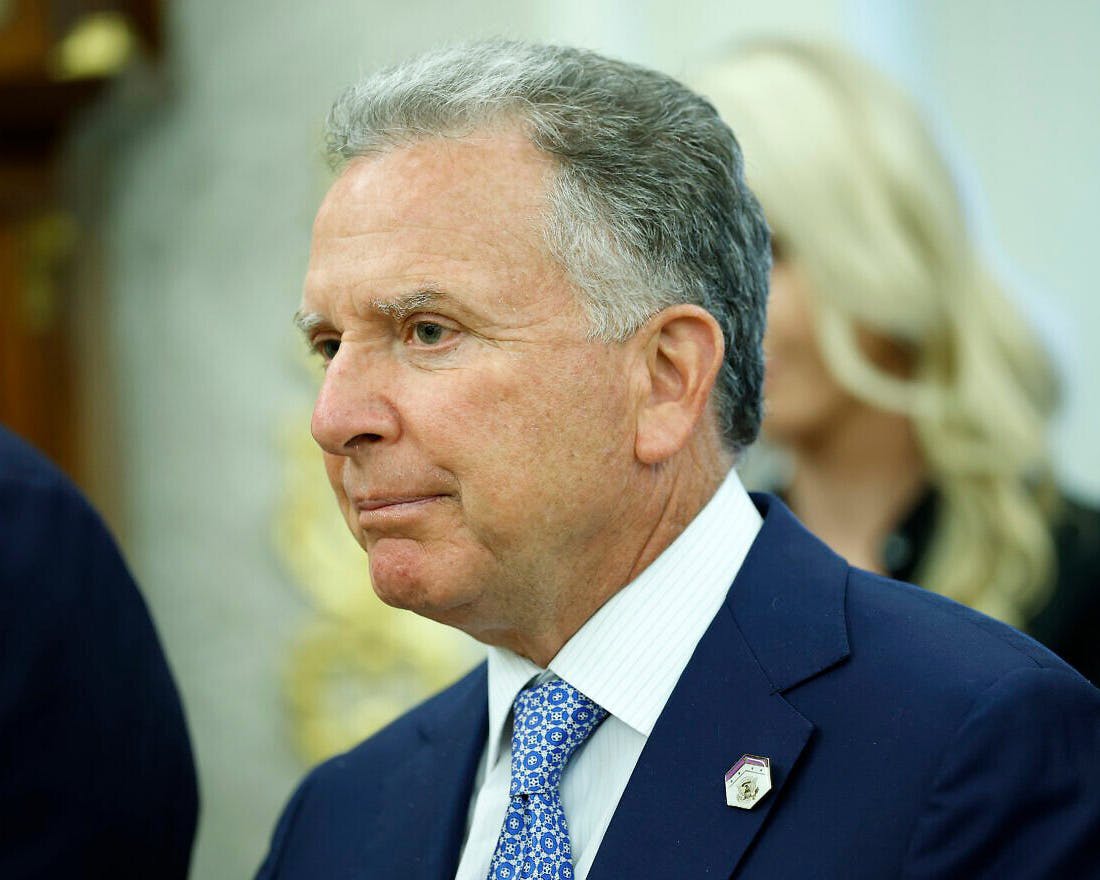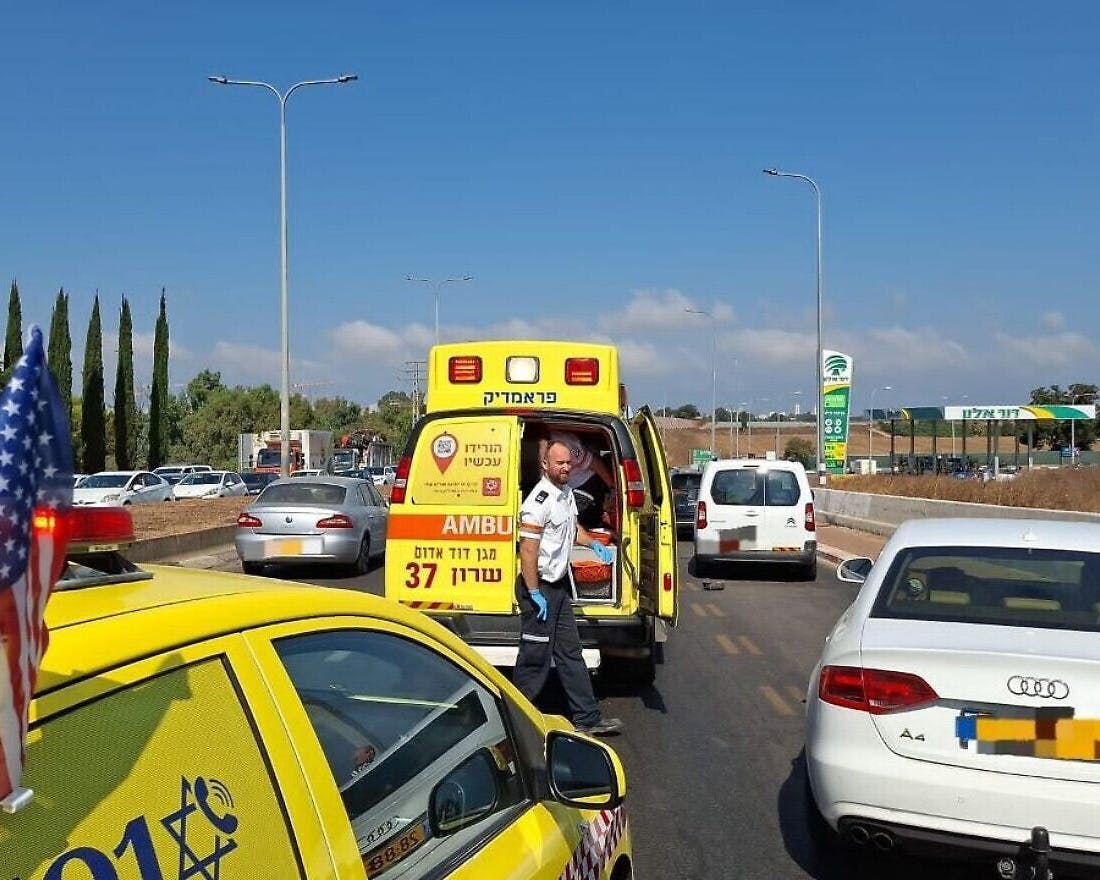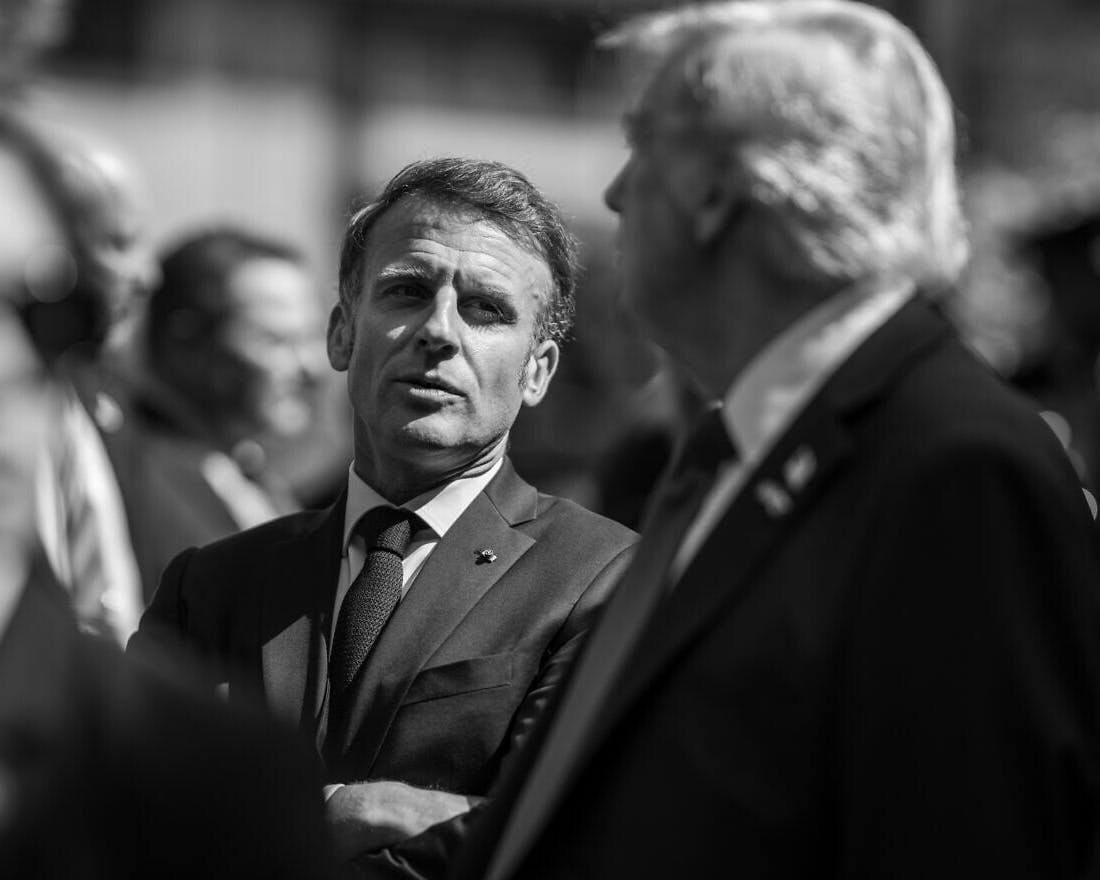Iran and US Face Off in Rome for High-Stakes Nuclear Talks
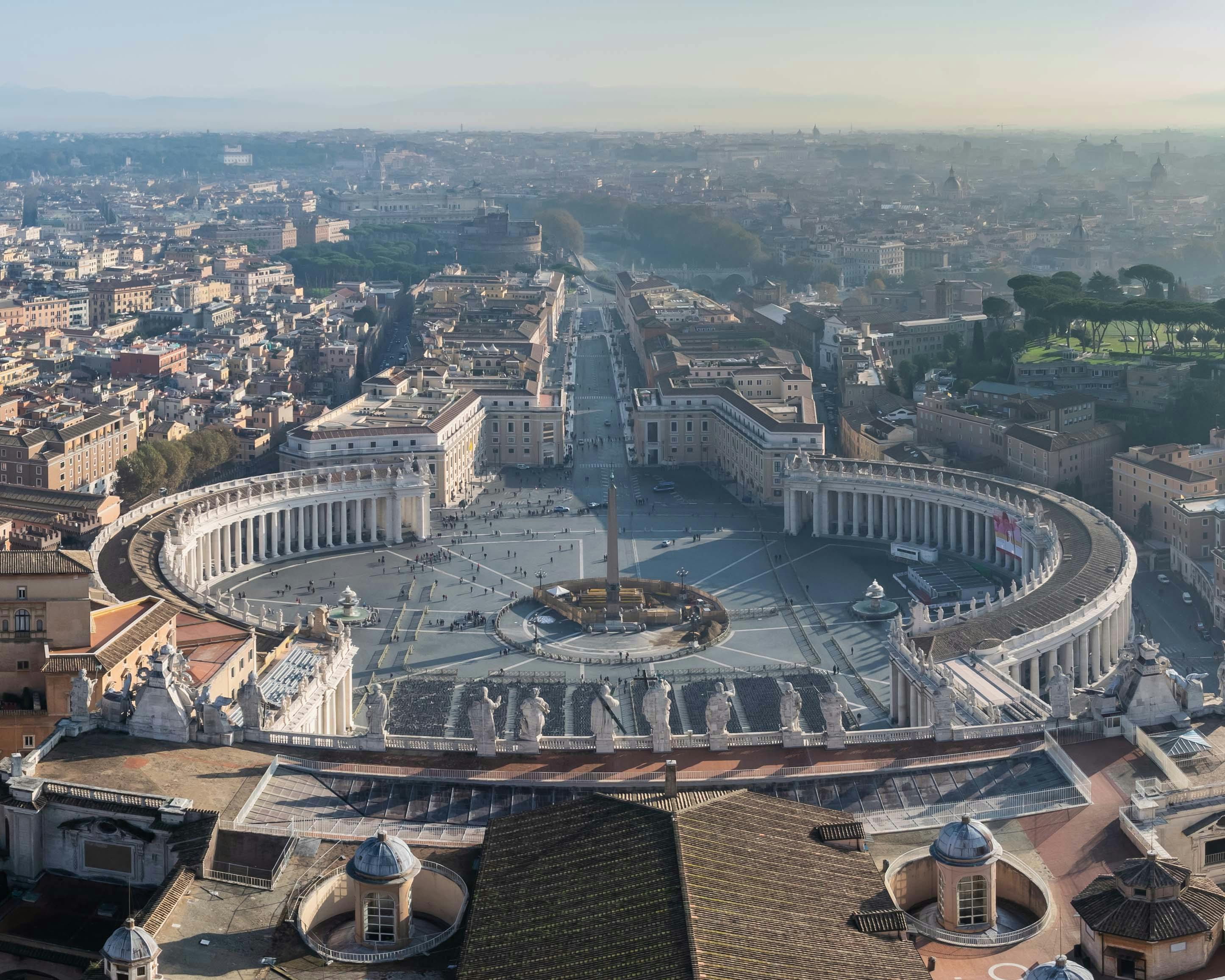

Rome, Italy—Diplomatic efforts to address Iran’s nuclear program are set to resume as Iran and the United States prepare for a fresh round of indirect talks in the Italian capital next week. The negotiations, mediated by European officials, aim to navigate the complex and longstanding issues surrounding Iran’s nuclear ambitions, with both sides acknowledging significant hurdles and expressing cautious openness to further dialogue.
The announcement came as Iran’s Foreign minister, Abbas Araghchi emphasized that while Tehran is willing to allow increased inspections of its nuclear facilities, the country remains firm on preserving its uranium enrichment capabilities. This stance has been a continual sticking point in negotiations, as the US and other Western powers seek assurances that Iran’s nuclear program is strictly for peaceful purposes. Araghchi noted that significant differences persist between Tehran’s position and that of Washington, signaling the challenges that lay ahead.
The talks, which follow a series of stalled efforts in recent years, are seen as a critical opportunity to prevent further escalation in the Middle East, where tensions have been exacerbated by Iran’s proxy war against Israel and its nuclear advancements. The Biden administration prioritized diplomacy to revive the 2015 Iran nuclear deal struck by the Obama administration, which was abandoned by President Donald Trump in 2018. Iran, in response, has been gradually scaling back its compliance with the agreement, increasing uranium enrichment levels and restricting access to nuclear sites by international inspectors.
European diplomats, who have been instrumental facilitating the upcoming talks in Rome, hope that they will be able to build on previous negotiations from the meetings in Vienna and Doha. The last round of talks, in the Omani capital Muscat, ended with a public heated exchange over enrichment. US envoy Steve Witkoff said Washington "could not authorize even one percent" enrichment – a position Tehran called a red line, citing its rights under the Non-Proliferation Treaty.
In recent months, Iran has signaled a willingness to engage in diplomacy, particularly as it faces mounting economic pressure from international sanctions. The country’s economy has been battered by restrictions on oil exports and financial transactions, contributing to inflation and public discontent. Araghchi’s comments suggest that Tehran is open to expanded IAEA (International Atomic Energy Authority) inspections as a confidence-building measure, but only if sanctions are eased and Iran’s right to enrich uranium for peaceful purposes is respected.
The US, for its part, has expressed a desire to de-escalate tensions but remains extremely wary of Iran’s intentions. American officials have stressed that any agreement must include robust verification mechanisms to ensure Iran cannot covertly pursue nuclear weapons.
The upcoming talks in Rome are expected to focus on several key issues, including steps to restore elements of the 2015 agreement, the scope of sanctions relief, and the extent of Iran’s nuclear rollback. Both sides have indicated that progress will require compromise, but deep mistrust and competing priorities could derail the process. Iran has accused the US of imposing “maximum pressure” through sanctions, while Washington points to Iran’s regional aggression, especially toward Israel and its ballistic missile program as obstacles to a broader agreement.
Analysts warn that failure to reach a deal could have far-reaching consequences, potentially leading to heightened military tensions or massive conflict in the region. Israel, vehemently opposed to Iran’s nuclear program, has repeatedly vowed to prevent Tehran from acquiring nuclear weapons, raising the specter of unilateral military action. Meanwhile, other regional powers, including Saudi Arabia, are closely monitoring the talks, concerned about the balance of power in the Middle East.
As preparations for the Rome negotiations intensify, the international community is watching closely. The outcome of these talks could shape the trajectory of US–Iran relations and influence stability in the region for years to come. While both sides have expressed a willingness to engage, the path to a mutually acceptable agreement remains laden with challenges. Diplomats hope that the neutral setting of Rome will provide a fresh opportunity to bridge the divide, but success will depend on whether both nations can overcome their entrenched differences. The world, and especially Israel, awaits the results, aware that the stakes could not be higher.
(Bridges for Peace, May 23, 2025)
License: Wikimedia
Related Resources

Discover Your Purpose and God’s Heart For You
In today's divided, turbulent world, it's essential for the Church to rediscover God's heart. Our free e-book, authored by a seasoned expert with three decades of experience in Israel, delves deep into the teachings of Jesus (Yeshua) to reveal God’s principles of love and purpose. Learn how embracing these truths can bring significance and impact to your life, even amidst chaos. Subscribe now to receive your free copy and embark on a journey of transformation.

